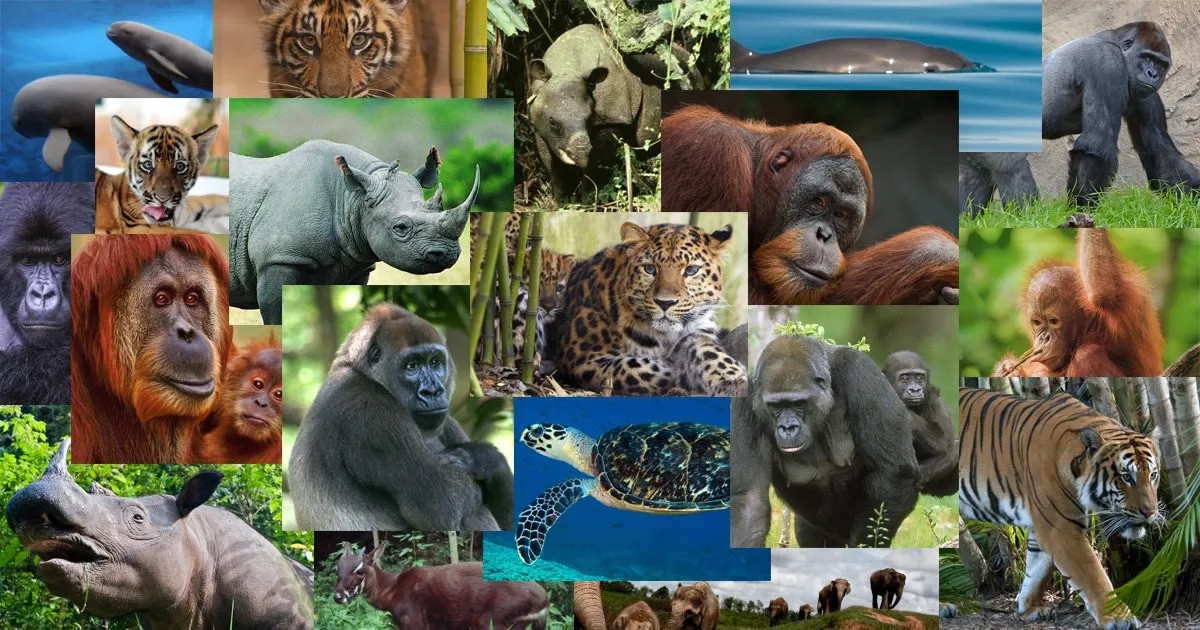Animal parenting is a marvel of nature, showcasing a diverse range of behaviors and strategies aimed at ensuring the survival and well-being of offspring. From the fierce protection of lionesses to the delicate care of songbirds, the world of animal parenting offers a captivating glimpse into the intricate workings of evolutionary biology and ecology. In this blog, we delve into the science behind animal parenting, exploring the strategies, adaptations, and underlying mechanisms that drive these remarkable behaviors tiere wissen.
The Evolutionary Imperative: At its core, the instinct to care for offspring is deeply rooted in the evolutionary imperative to propagate one’s genes. Animals that invest time, energy, and resources into raising their young increase the chances of their offspring surviving to reproductive age, thereby perpetuating their genetic lineage. This fundamental drive has led to the evolution of a stunning array of parenting behaviors across the animal kingdom.
Diverse Parenting Strategies: Animal parenting encompasses a wide spectrum of behaviors, each finely tuned to suit the ecological niche and reproductive challenges of different species. Some species, such as mammals like elephants and primates, exhibit extensive parental care, with offspring receiving nourishment, protection, and valuable life skills from their parents for an extended period. In contrast, other species, such as insects like ants and bees, rely on communal parenting systems where multiple individuals contribute to the care and upbringing of offspring within a colony.
Adaptations for Survival: The parenting strategies employed by animals are often intricately linked to their habitats, lifestyles, and ecological pressures. For instance, in environments where resources are scarce or predation is high, animals may adopt strategies such as producing large numbers of offspring (r-selection) or investing heavily in the care of a few offspring (K-selection). Birds nesting in precarious locations may develop camouflage or build elaborate nests to protect their eggs from predators, while marine mammals like seals may nurse their young in the safety of offshore islands away from terrestrial predators.
Communication and Bonding: Effective communication between parent and offspring is crucial for ensuring successful parenting outcomes. Many animals utilize a variety of vocalizations, body language, and chemical signals to convey important information such as food availability, danger alerts, and social bonding cues. In species where parental care involves teaching complex behaviors, such as tool use or hunting techniques, communication plays an essential role in transmitting these skills from one generation to the next.
Challenges and Adaptability: Despite their remarkable parenting abilities, animals face numerous challenges in raising their young, ranging from environmental threats to human disturbances. Climate change, habitat loss, pollution, and hunting pose significant risks to the survival of many species, disrupting established parenting behaviors and jeopardizing the future of entire populations. However, animals have also demonstrated remarkable adaptability in response to changing environmental conditions, showcasing the resilience and ingenuity of evolutionary processes.
